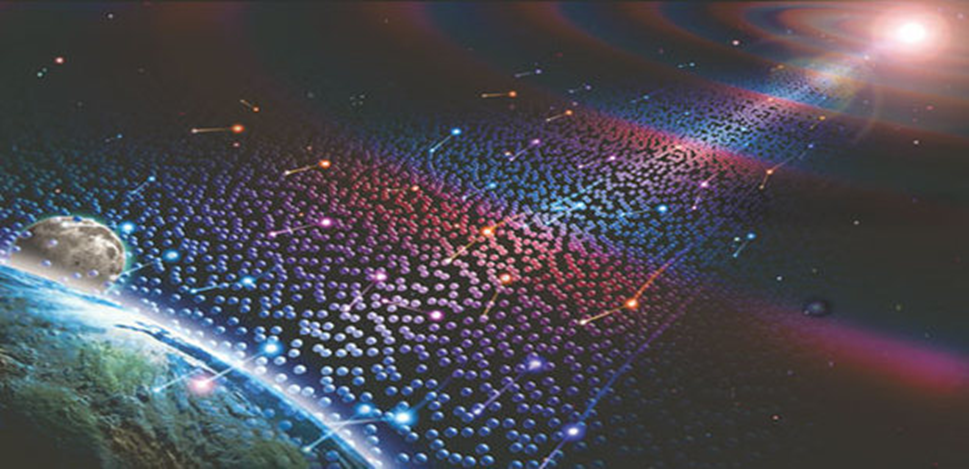
Why Do We Want to Find Neutrinos, Anyway?
Searching for neutrinos may seem a theoretical exercise, but they hold the key to some of the most important questions in physics.
Neutrinos are among the most abundant particles in the universe. They are also incredibly difficult to detect. In fact, they are so elusive that physicists all over the world can’t stop obsessing about them.
Neutrinos are subatomic particles that are very similar to electrons, but they doesn’t have an electrical charge. Their mass is so small that scientists speculate it might even be zero. They also don’t interact much with matter, which is what makes them so difficult to detect.
This all might make you wonder: Why are scientists looking for neutrinos, anyway? In short, it’s because they hold clues about the events and processes that created them— “Neutrinos tell us a tremendous amount about how the universe is created and held together. There’s no other way to answer a lot of the questions that we find ourselves having. understanding of neutrinos could unlock secrets about other elements of astronomy and physics, from dark matter to the expansion of the universe.
Last year, the researchers behind the two projects published a study in Science about interactions between two neutrinos that had been hypothesized decades before but never observed.
Neutrinos could help us identify other forces in the universe that we have not yet been able to detect or understand. They can teach us about the core of the densest stars and could one day lead to the discovery of new astrophysical objects.
 English
English Arabic
Arabic


